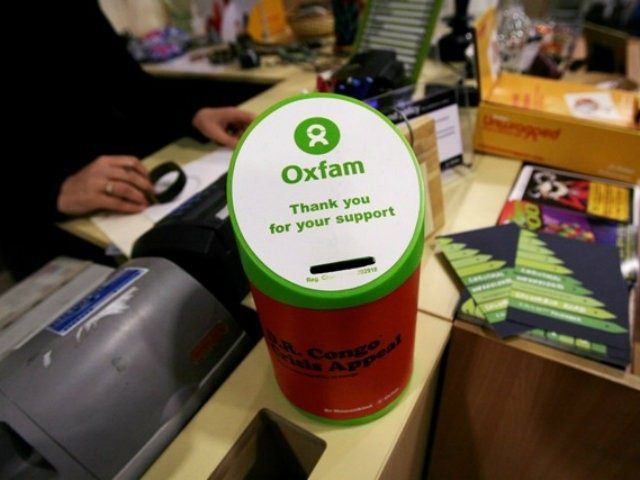“Political institutions always put their own institutional survival first. If they are supposed to help poor people, they promote poverty, to ensure there is a steady supply of poor people who need their help”.
These were the words of my beloved uncle John, sadly now deceased, passing on wisdom learned under the gentle tutelage of Joseph Stalin. At the time I rejected his advice as being far too cynical – surely people join charities because they want to help. But the latest demand from Oxfam, which in my opinion amounts to a demand for more people to be impoverished, really makes me wonder if he was right all along.
According to Oxfam:
The Bonn meeting (1 – 11 June) is one of three formal negotiating sessions prior to the Paris conference at the end of the year, with further meetings scheduled for August and October. Governments will be working to refine and simplify the draft text of a new international climate agreement.
“The draft text has all the ingredients for a fair and effective agreement, including a goal to reach net-zero emissions by mid-century, limiting global warming to 1.5 degrees and strong provisions for supporting poorer countries to adapt to climate impacts and develop prosperous low-carbon economies,” Dr Bradshaw said. “The question is how much of this survives by the end of Paris.”
“Oxfam is urging the Australian Government to support an agreement that delivers for the world’s most vulnerable communities, by coming to the table with an ambitious new set of emissions reduction targets and a strong plan for supporting poorer countries to meet the challenges of climate change.
In July, Australia is expected to announce its provisional targets for the post-2020 period, when the new agreement is due to take effect. Oxfam wants the government to commit to reducing Australia’s emissions by at least 40 per cent below 2000 levels by 2025 and at least 60 per cent by 2030, with a plan to reach net zero emissions as soon as possible and well before mid-century.
A 40 per cent reduction in CO2 emissions by 2025 would have a catastrophic effect on Australian poverty levels. The only way this could be achieved would be to drive up the price of fossil fuels until vast numbers of poor people simply had no choice but to turn off the heating (or air conditioning in summer).
Rich people would be fine – already under Australian feed-in tariff rules, well off Australians who own their home, who can install solar cells, have their electricity bills subsidised by poor people. However, to have any chance of achieving a 40 per cent cut, such schemes would have to be extended, to the point that the middle classes paid nothing for electricity.
As Guardian environmental journalist George Monbiot said in 2010, commenting on the UK version of the feed-in tariff scheme, in his article “A great green rip-off”;
Those who hate environmentalism have spent years looking for the definitive example of a great green rip-off. Finally it arrives and no one notices. The government is about to shift £8.6bn from the poor to the middle classes. It expects a loss on this scheme of £8.2bn, or 95 per cent. Yet the media is silent. The opposition urges only that the scam should be expanded.
Monbiot advocated helping people insulate their homes instead – but in Australia, where populations are sparse, commutes are long, and public transport infrastructure outside the big cities is close to non-existent, where almost half of domestic energy use is petrol for our cars, a little house insulation is unlikely to deliver anything like a 40 per cent cut in CO2.
Even a priority programme to build nuclear power plants, the only plausible means of rapidly decarbonising the global economy, according to former NASA GISS chairman James Hansen, would cause electricity bills to skyrocket – a regressive cost which would fall disproportionately on Australia’s poor.
Oxfam’s call for rapid decarbonisation of Australia’s economy is either ignorant or malicious. I hope what we are seeing is simply pig headed ignorance by Oxfam management, of the consequences of such a ghastly policy, because the alternative is the dark world my uncle described – the inescapable conclusion that institutions, even charitable institutions created with the best of intentions, inevitably betray the people whose interests they were created to serve.

COMMENTS
Please let us know if you're having issues with commenting.